The past few weeks have seen an increase in interest in vaccines and anti-vaxxers - a movement where a group of people opposes the idea of vaccination.
Recent deaths of children because their parents didn’t vaccinate them have brought home the seriousness of the issue, with the Health Ministry even contemplating making vaccination compulsory.
There's so much of information out there (especially on Google) that it is hard to decide what's true, what's not and how severe can adverse reactions to vaccines be.
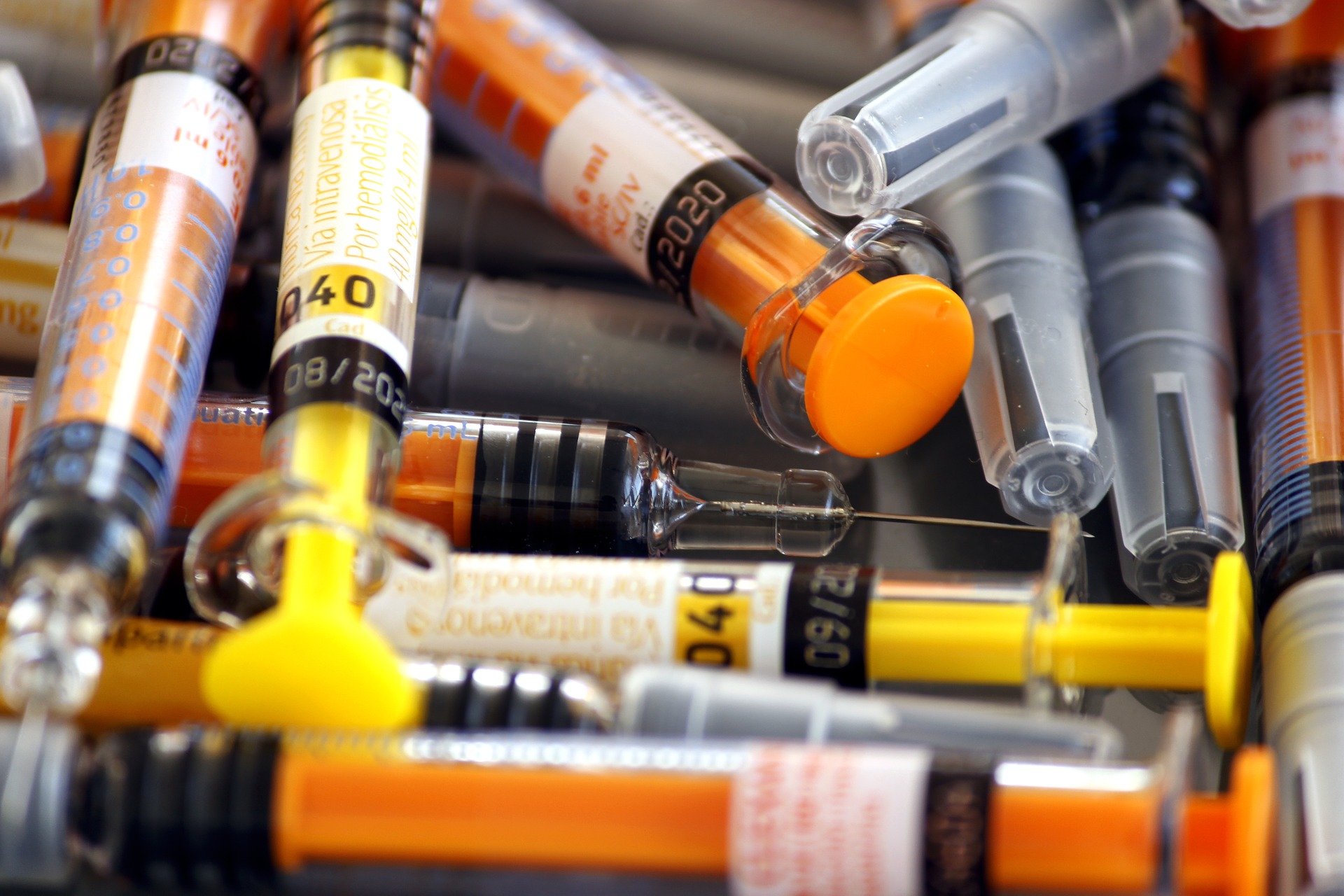
Some parents have raised concerns about vaccination and its possible side effect on their children (and rightly so) but often the scariest stories are the ones that seem to stick out.
So, we decided to take a deeper look at the issues brought up by the anti-vaxxers and compare the risks.
Disclaimer: This article is pro-vaccine. The risk factor of vaccination increases in certain people - those with weaker immunity, allergic reactions to certain types of vaccines and even genetics. We suggest you do your own research as well, consider family and personal health history, and consult your or your children’s doctors for more specific assessment.
Public should be informed of the risks
A fair point. People who are getting vaccinated or having their kids vaccinated should know the risks.
Here's a look at the common vaccination, the risks and side effects:
.jpg)
Which is more dangerous?
Some of the side effects do sounds scary but what if we compare the one or two in a million chances of severe reaction to the consequences of not vaccinating your child(ren)?
Without vaccination, millions of people will possibly die due to diseases such as polio, diphtheria, meningitis and cervical cancer, among others; diseases which can be prevented just by getting vaccinated.

That doesn’t include the number of people who may suffer from other issues including paralysis, deafness and other physical disabilities.
Just look at the historical evidences. The numbers of cases caused by viruses that the commonly injected vaccines protect against have reduced significantly over the years.
BCG
Tuberculosis (TB) is one of the hardest diseases to treat because of its constantly evolving nature. The fastest and most cost-effective way of dealing with the disease is prevention.
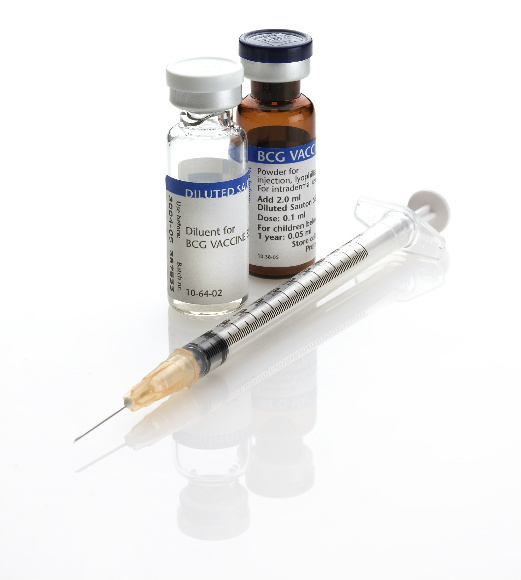
In Malaysia, it is still an endemic and the number of cases have remained pretty constant year to year.
It is estimated that three million people die because of TB every year, and 80% of the cases occurs in Asia and Africa.
The most visible and common side effect is a scar, which most of us have. Some may suffer from lymph node swelling, enlarged lymph node that becomes infected and more severe skin reactions.
Most of the symptoms will disappear within a few weeks, but seek medical opinion if the side effect seem unusual to you.
Allergic reaction is also a possibility, but in very rare cases.
Hepatitis B
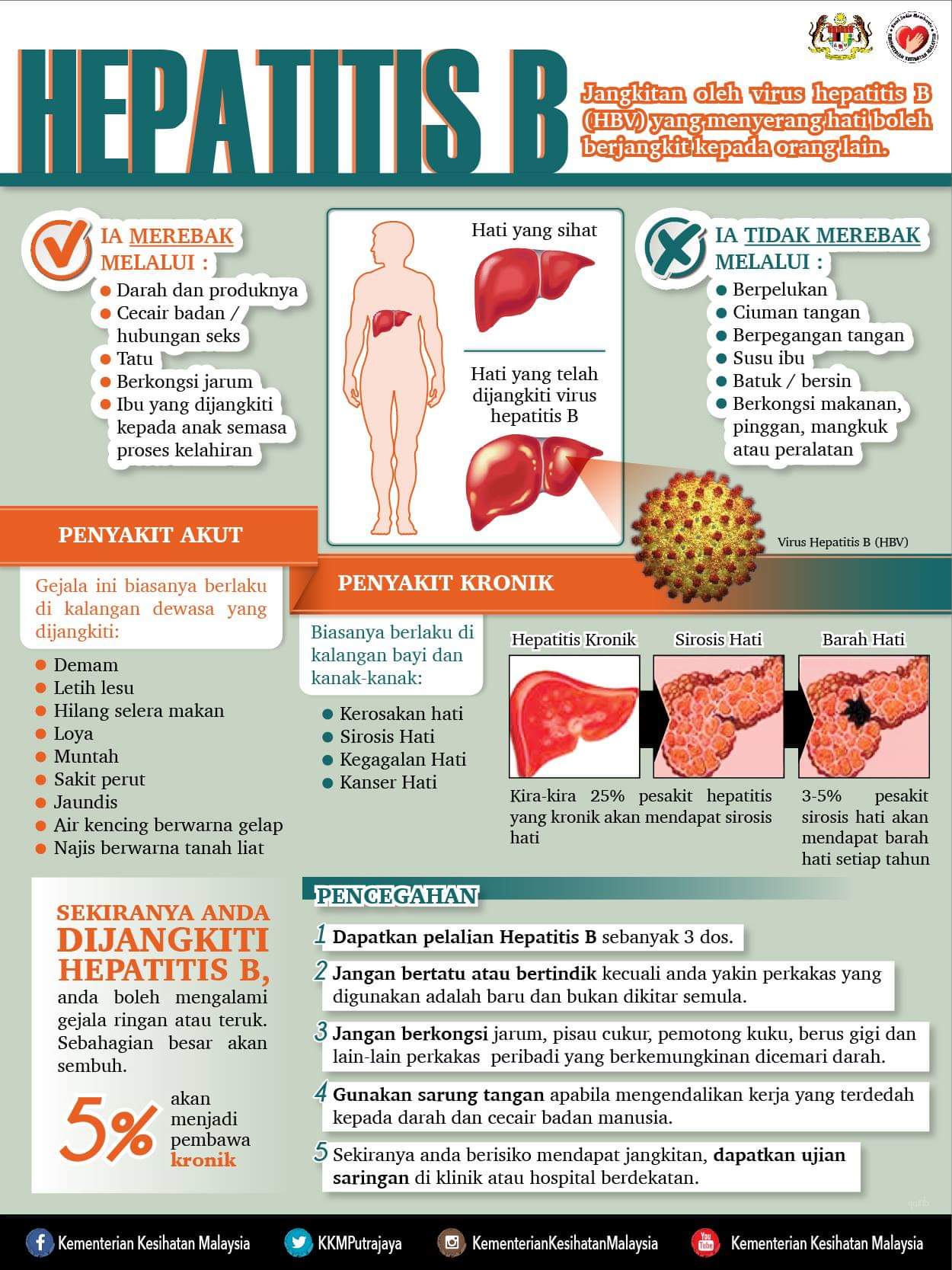
Hepatitis B virus infection can cause acute or chronic liver disease, which can eventually lead to death.
In 2015 alone, about 887,000 deaths caused by the virus were recorded worldwide.
Getting vaccinated can reduce the risk of contracting diseases caused by the virus by up to 95%.
Since there's no cure for acute infections, the odds of not dying of Hepatitis B virus infection are much better when vaccinated.
There are medications available for chronic infection, but chances of death are not completely eliminated.
Hepatitis B vaccines are considered as one of the safest vaccines, with little evidence (we're not talking about claims here) of severe reactions to it.
DTaP
If the recent deaths of several children caused by diphtheria haven’t convinced you, we hope these numbers would.
In Malaysia, a combination vaccine for diphtheria, tetanus and pertussis is given together.
While worrying symptoms such as fever, seizure (that doesn't last long or have long term impact) and non-stop crying (for more than three hours) may occur after an injection, there's only one in a million chance of any serious side effect.
Diphtheria causes a thick covering at the back of the throat, leading to difficulties in breathing, paralysis, heart failure and of course, death.
According to WHO data, 10 -15% of those infected with viruses that causes the disease die, most of them children.
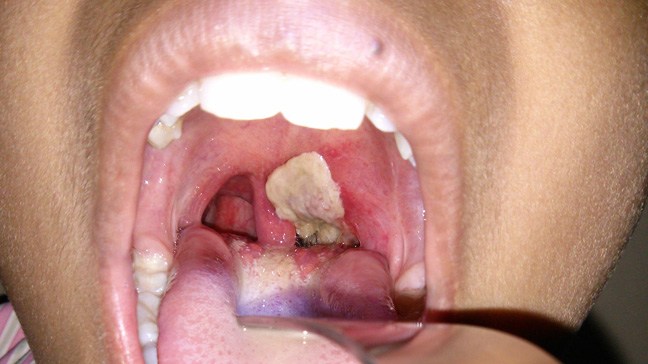
Meanwhile, Pertussis causes whooping cough among children, which is not only terribly uncomfortable, but was a major cause of childhood mortality before vaccination became a common thing.
In 2008, WHO estimated that 195,000 deaths were recorded worldwide, again the most number of deaths involving children.
Tetanus or kancing gigi can cause painful muscle contraction, muscle spasms and lockjaw.
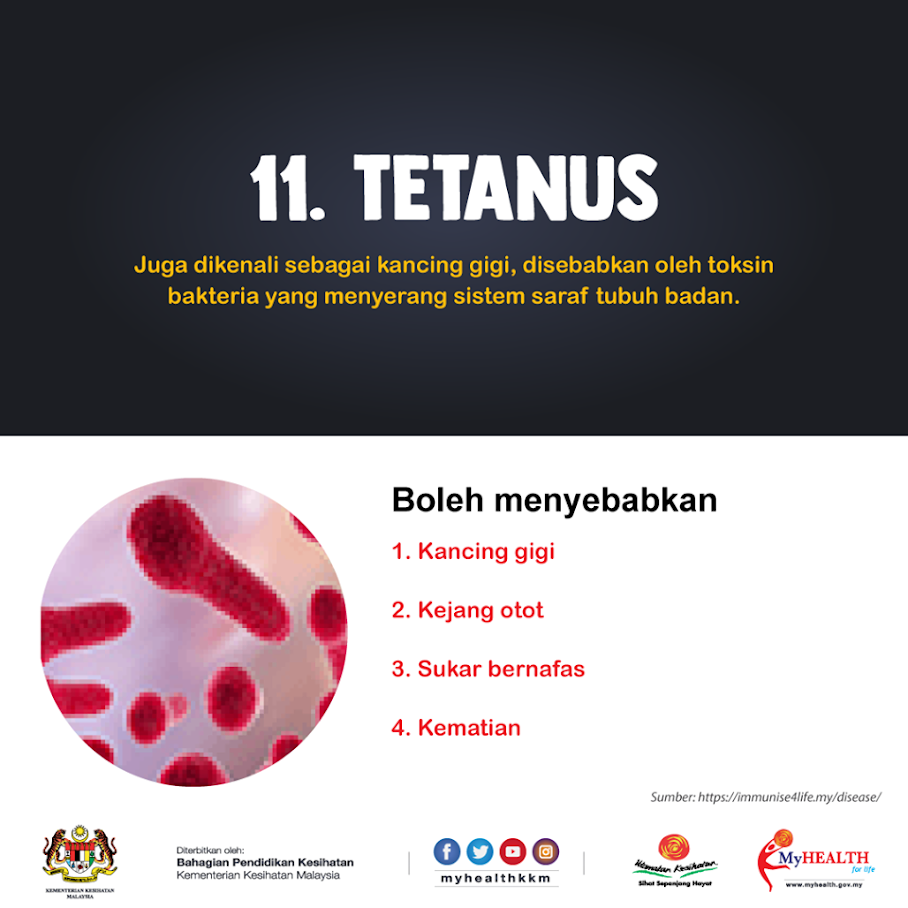
You can get tetanus at any age, but the disease is the most common among new born and their mothers.
In 2013, 49,000 newborns were killed because of tetanus. The number may seem large, but it is a major drop from 787,00 deaths in1988. The deaths often happen within the first month of an infant’s birth.
Hib
Haemophilus influenzae type b is basically a type of bacterium that can attack a person and cause complications.
It can cause pneumonia, severe swelling in the throat causing breathing difficulties, blood, joint, bones and covering of heart infection, death and meningitis (which can lead to brain damage and deafness).
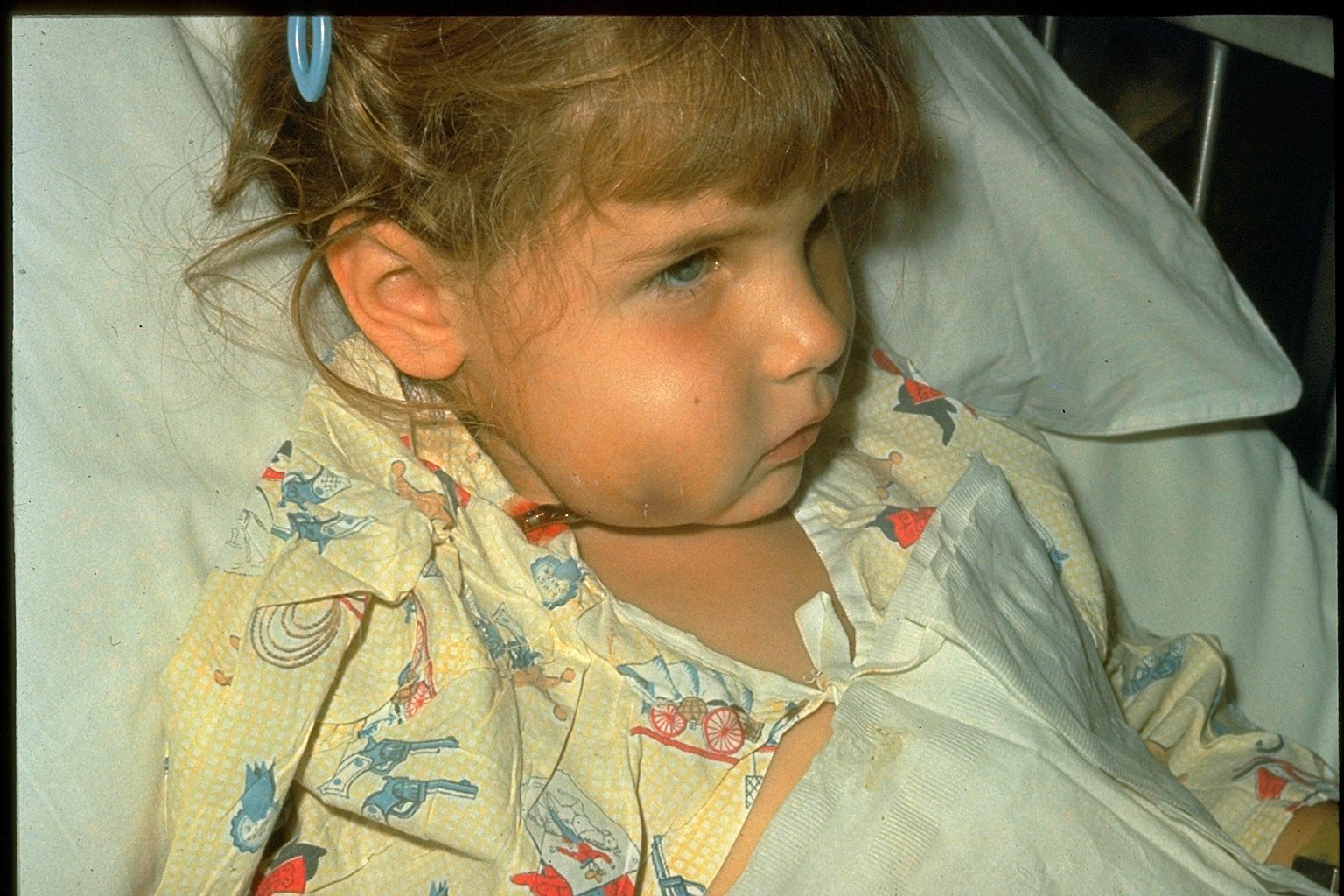
Worldwide, there are about one million bacterial meningitis cases that cause approximately 135,000 deaths.
About 9% to 25% of reported cases lead to neurological complications. It is estimated that 1 in 20 children with Hib meningitis die and 1 out of 5 children who survive end up living with brain damage or deafness.
Hib vaccine is considered to be safe, with very mild side effects such as swelling and fever in some cases. Very rarely, allergic reactions may occur.
Polio vaccination (IPV and OPV)
Before vaccination for polio was introduced, hundreds of thousands of people became paralysed and died.
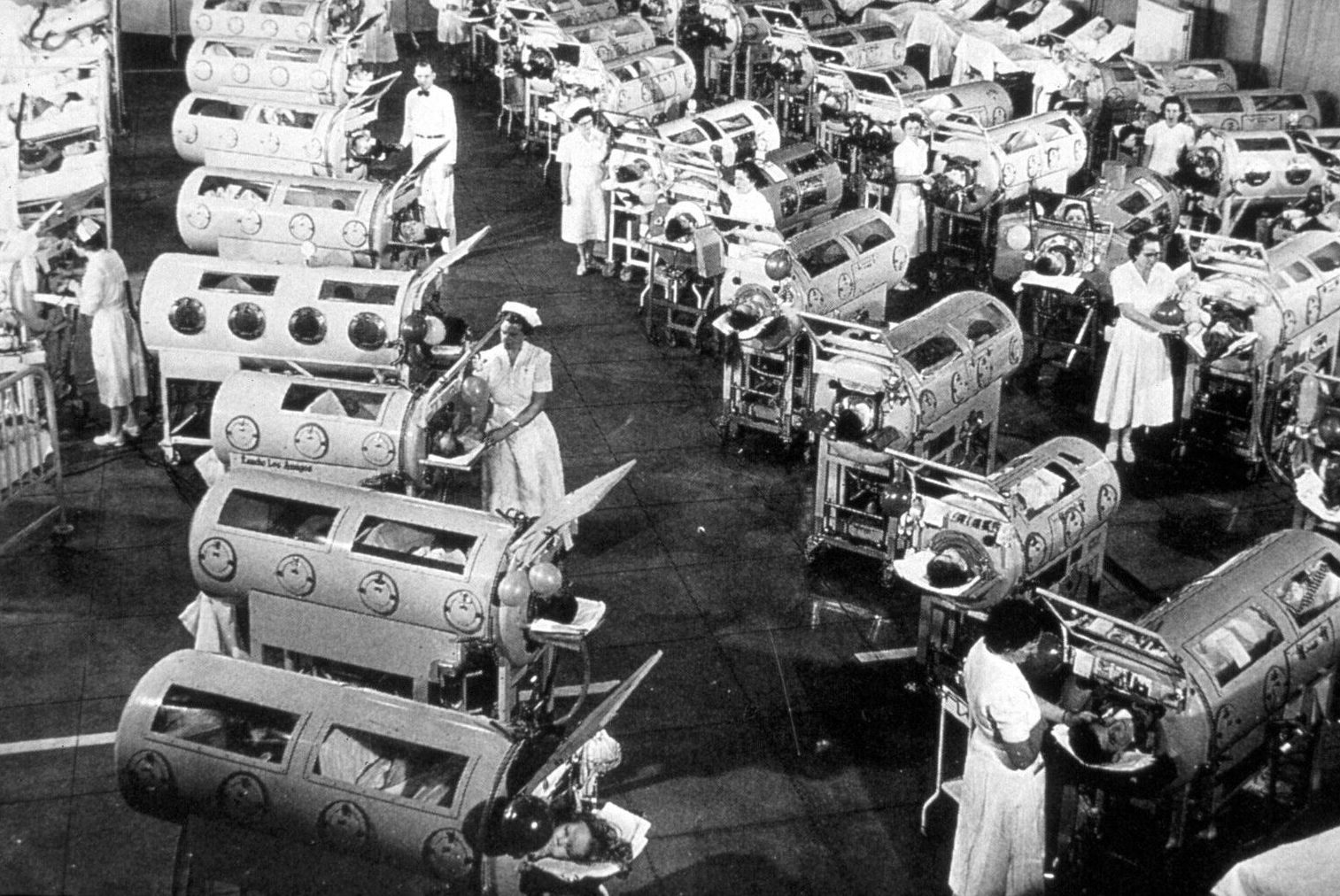
According to this report, even in the 1980s - about 30 years after polio vaccines were first introduced - an estimated 350,000 people were said to have suffered paralysis each year.
Not until late 1980's was there a global-level initiative to eradicate polio, which led to the elimination of 99.99% of polio cases.
In the case of polio, death is probably not the worse case scenario, as the type of paralysis caused by the virus leaves the patients completely helpless and at the mercy of caretakers.
Polio vaccines are considered to be safe, with only mild reactions in some cases such as swelling and fever, but in extremely rare cases, allergic reactions may happen as well.
Measles, mumps and rubella (MMR) vaccine
Before the MMR was introduced, children were given vaccine shots for all three diseases separately. This, plus the booster shots, means getting six shots at different period of times, increasing the possibility of missed vaccination.
Among the three, measles is the most dangerous as it spreads very fast and can cause deaths.
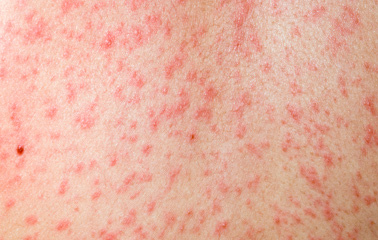
In the year 2000, a total of 562,000 people, mostly children under the age of 5, died because of measles. Just two years ago, the number was as high as 110,000 deaths.
There have been more outbreaks recently, even in developed countries like the United States and this is easily preventable with vaccination.
Mumps, while not as dangerous, can also cause serious complications such as sterility in males, inflammation of the brain and meningitis.
Rubella, also known as German measles, is especially dangerous to pregnant women and their unborn children.
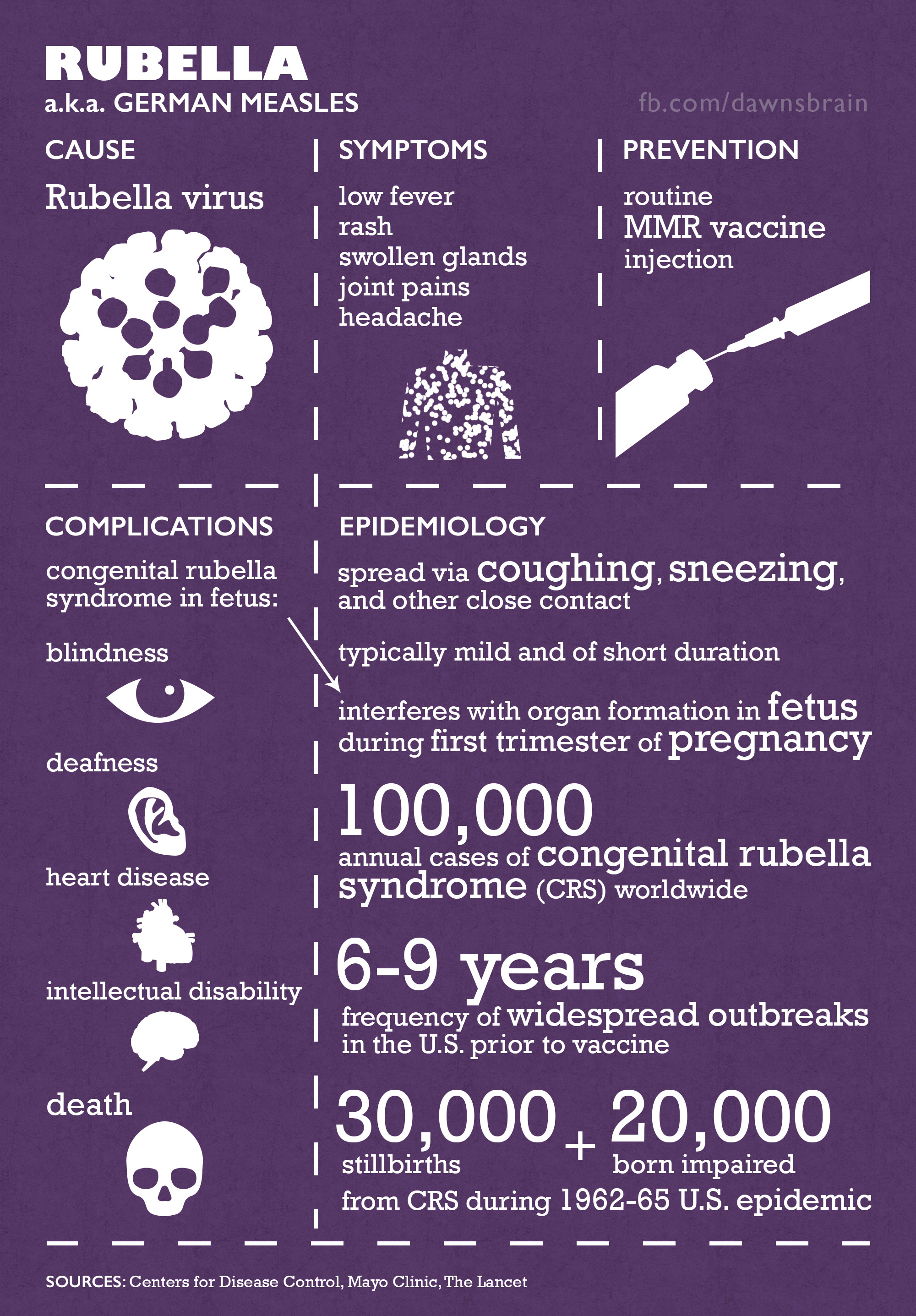
If infected, children with Congenital Rubella Syndrome (CRS) may be born with serious defects such as heart problems, deafness and blindness.
Each year, more than 100,000 children are born with CRS.
It is estimated that immunisation had prevented an estimated 21.1 million deaths that could be caused by measles alone between 2000 and 2017.
After immunisation, some children may develop a mild form of measles and 1 in 50 children may develop a mild form of mumps.
In some cases, the vaccine receiver may gat a small bruise-like rash, which is linked to the Rubella vaccine. This should go off on it’s own, but do get a medical professional to take a look at it if it persists.
There’s one in 1,000 chances of seizure happening, but don’t be alarmed. Seizure resulting from MMR vaccination is less frequent than those resulting from the actual infection.
Just like all other drug, allergic reaction is a possibility, though very rare.
HPV
Human Papillomavirus (HPV) causes cervical cancer and is spread through sexual contact.
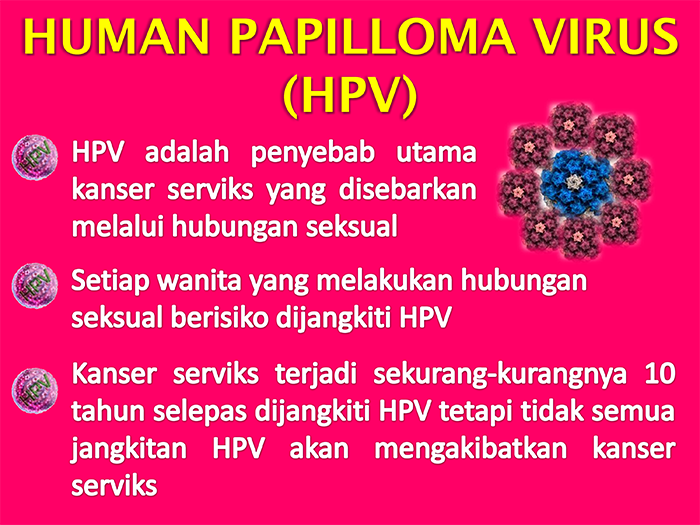
Although cervical cancer happens most among sexual active women, it is advised for those who’re not sexually active to take it to protect against the virus when they do engage in sexual activities.
The vaccine only protects against two types of HPV (that causes 70% of cervical cancer cases), so a Pap smear is still recommended to detect other types of HPV.
According to this report, over 2,000 Malaysians will get cervical cancer every year, and over 650 from that number die.
Similar to many vaccines, some receivers may suffer from swelling in injected area an/or fever.
Allergic reactions remain a possibility and should be kept a look out for.
What about billions paid as vaccine injury compensation?
Between 1989 and 2018, a total of USD4.03 billion (about RM17.5 billion) in compensations were given to United States citizens who’ve reported vaccine-related injuries.
Seen on it’s own, it is a staggering amount and very worrying indeed.
However, according to this report, for every one million doses of vaccines given, only one individual was compensated between the years 2006 and 2016.
The number corresponds to the risk factors mentioned in all vaccine-related information we found on the Internet.
It is also notable that about 80% of awarded compensation was out-of-court settlements.
This means that whatever side effects the complainants claimed to have been caused by vaccination is not necessarily proven to be related to the vaccine, but the effects start to appear within a certain time period after vaccination.
Another point to note is that approximately 50% of the overall compensations paid is for ‘shoulder injury resulting from vaccine administration (SIRVA)’.

SIRVA happens when the vaccine injections are given wrongly. It has nothing, or very little, to do with the vaccine itself.
Seen in this light, it seems like the risk is not as severe as the overall number suggests, at least to us.
So what if I don’t vaccinate when others have?
This is where herd immunity comes into play.
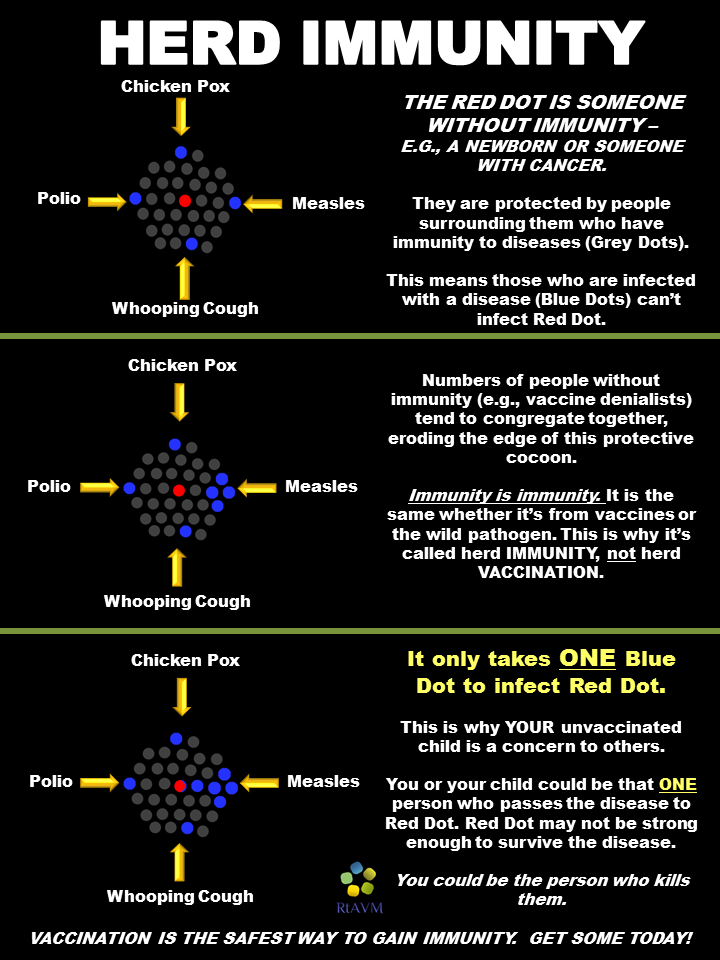
Not everyone can be vaccinated. Really young children, people who have problems with their immune system, those going through chemotherapy or those who are allergic to certain vaccines will have to forgo the protection.
The more people around them get vaccinated, the lesser the chances of people who fall under these groups getting infected.
It’s probability, basically. The chances of the unvaccinated person getting infected by ten other unvaccinated person around them is higher than if there’s only one other person who is not vaccinated around them.
The percentage of people having to be vaccinated before a community is safe from a disease depends on how contagious it is. Measles, for example, is highly contagious so at least 90% - 95% of the population in an area needs to be immunised for herd immunity to work at it’s best.
Polio, on the other hand, is not as contagious, which means that an 80% - 85% rate of immunisation will help to reduce the cases drastically.
You not vaccinating your child(ren) firstly exposes the child to diseases preventable by vaccines, and secondly, it affects other children in the community.
Hence, the government’s mulling a move to disallow unvaccinated children from going to schools.
Autism and vaccination

This is quite an old claim that for some reason doesn’t seem to die the natural death it should have by now considering all the evidences against it.
In 1995, a group of British researchers, led by a Andrew Wakefield, hypothesised that MMR caused bowel diseases in children, which in turn caused neuropsychiatric diseases, specifically autism.
In 1998, Wakefield and few others released a series of case study papers claiming they have found the correlation between MMR vaccination and autism.
However, they claimed that single vaccination for measles, mumps and rubella did not have the same effect.
Considering that in 1997, Wakefield had filed a patent for single-antigen measles vaccine, he seemed to have potential financial interest in claiming the connection.
This led to his medical license to be revoked.
Many of the co-authors of the study also retracted the paper they wrote.
Since then, there have been many researches that have proven that MMR did not cause bowel diseases or autism in children.
Somehow, Wakefield’s claim is what has prevailed in the minds of anti-vaxxers.
How about mercury in vaccines?
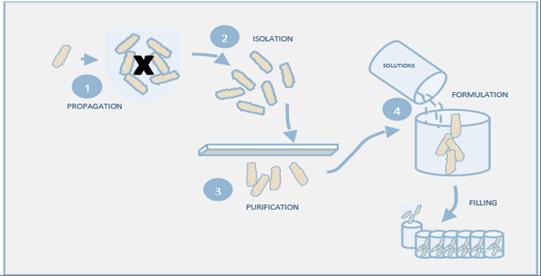
Before we get into the history of the issues and consequent results, we’d like to get this information out of the way: thimerosal (the type of mercury once used during some vaccine production as preservatives) is no longer used in most cases, except in some flu vaccines.
So, there’s really no reason for concerns when it comes to mercury content in vaccines.
In the late 1990s, concerns were raised regarding exposure to mercury, especially through consumption of fish.
This led to the US Food and Drug Administration to request drug companies to disclose the amounts of mercury used in their product.
Now, the type of mercury found in fish is methylmercury and is not that easily metabolised. However, high exposure to it can cause neurological effects.
Thimerosal, on the other hand, metabolises into ethylmercury, which is different from methylmercury.
At the time the issue raised, there were no data to show if ethylmercury had similar effect as methylmercury.
Since there were no data available, the component was removed from most childhood vaccines while more researches were done to find out if thimerosal caused neurological issues.
To date, there have been many studies that have proven that there is no relation between thimerosal and autism or any other neurodevelopment disorders.
Vaccinate, please!
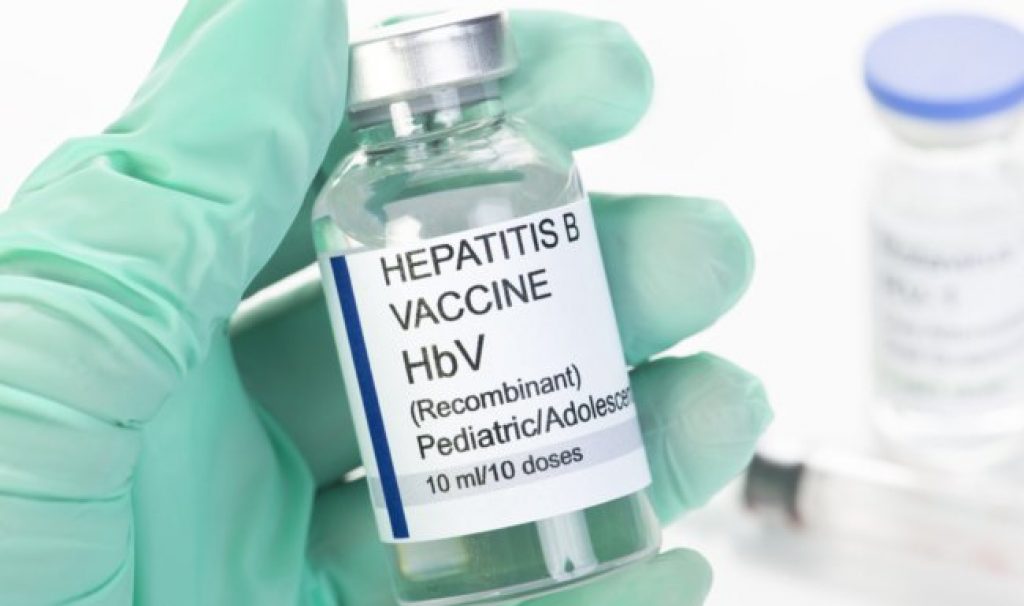
Two weeks of research and countless search engine tabs later, we have come to the same conclusion as the government.
Vaccination has and will continue to protect the world against contagious, harmful diseases.
When you don't vaccinate, you're not just risking your children, but also others.
Assess the risks
![]()
Having said that, there are risks to vaccination just like any other drugs.
Consult with your doctors if you have any concerns and try to work with them to assess the risk of vaccinating your child(ren).
Allergic reactions seem to be the biggest threat here, but the symptoms also often appear soon after an injection. Keep a lookout for any unusual occurance and seek medical help as soon as possible.
https://www.who.int/immunization/monitoring_surveillance/data/en/
http://www.myhealth.gov.my/en/immunisation-facts-myths/
https://ourworldindata.org/vaccination
https://www.who.int/immunization/monitoring_surveillance/data/gs_gloprofile.pdf?ua=1
https://vaccines.procon.org/view.resource.php?resourceID=005969
https://www.cdc.gov/tb/publications/factsheets/prevention/bcg.htm
https://www.cancer.gov/about-cancer/causes-prevention/risk/infectious-agents/hpv-vaccine-fact-sheet
https://medium.com/@visualvaccines/graphic-proof-that-vaccines-work-with-sources-61c199429c8c
https://www.ncbi.nlm.nih.gov/pmc/articles/PMC5106618/
https://www.cdc.gov/vaccines/pubs/pinkbook/pert.html
http://vk.ovg.ox.ac.uk/
https://www.historyofvaccines.org/content/articles/do-vaccines-cause-autism





